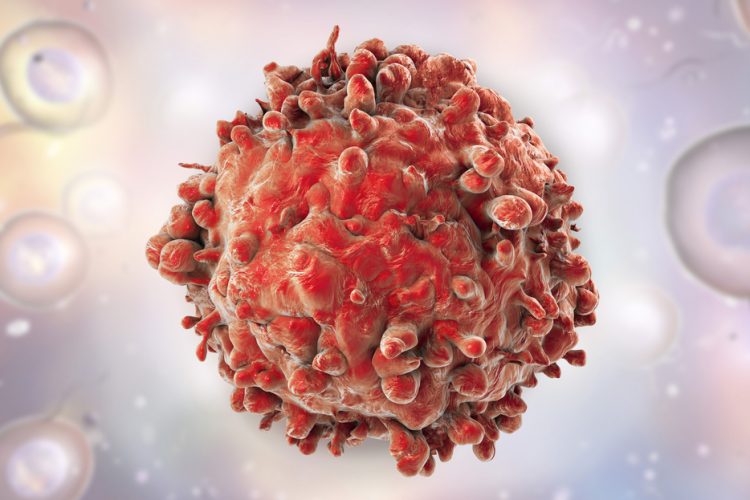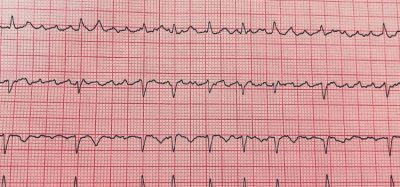FDA grants approval of Besponsa for acute lymphoblastic leukaemia
Posted: 18 August 2017 | Dr Zara Kassam (European Pharmaceutical Review) | No comments yet
The FDA has approved Besponsa for the treatment of adults with relapsed or refractory B-cell precursor acute lymphoblastic leukaemia…


The U.S. Food and Drug Administration has approved Besponsa (inotuzumab ozogamicin) for the treatment of adults with relapsed or refractory B-cell precursor acute lymphoblastic leukaemia (ALL).
Besponsa is a targeted therapy that is thought to work by binding to B-cell ALL cancer cells that express the CD22 antigen, blocking the growth of cancerous cells.
The safety and efficacy of Besponsa were studied in a randomised trial of 326 patients with relapsed or refractory B-cell ALL who had received one or two prior treatments. Patients were randomised to receive treatment with Besponsa or an alternative chemotherapy regimen. The trial measured the percentage of patients with no evidence of disease and full recovery of blood counts after treatment (complete remission or CR). Of the 218 evaluated patients, 35.8 percent who received Besponsa experienced CR for a median 8.0 months; of the patients who received alternative chemotherapy, 17.4 percent experienced CR for a median 4.9 months.
“For adult patients with B-cell ALL whose cancer has not responded to initial treatment or has returned after treatment, life expectancy is typically low,” said Dr Richard Pazdur, director of the FDA’s Oncology Centre of Excellence and acting director of the Office of Haematology and Oncology Products in the FDA’s Centre for Drug Evaluation and Research. “These patients have few treatments available and today’s approval provides a new, targeted treatment option.”
B-cell precursor ALL is a rapidly progressing type of cancer in which the bone marrow makes too many B-cell lymphocytes, an immature type of white blood cell. The National Cancer Institute estimates that approximately 5,970 people in the United States will be diagnosed with ALL this year and approximately 1,440 will die from the disease.
Common side effects of Besponsa include low levels of platelets (thrombocytopenia), low levels of certain white blood cells (neutropenia, leukopenia), infection, low levels of red blood cells (anaemia), fatigue, severe bleeding (haemorrhage), fever (pyrexia), nausea, headache, low levels of white blood cells with fever (febrile neutropenia), liver damage (transaminases and/or gamma-glutamyltransferase increased), abdominal pain and high levels of bilirubin in the blood (hyperbilirubinemia).
The prescribing information for Besponsa includes a boxed warning that severe liver damage (hepatotoxicity), including blockage of veins in the liver (veno-occlusive disease [VOD] or sinusoidal obstruction syndrome), occurred in some patients who took Besponsa. If hepatotoxicity occurs, doctors should pause treatment or reduce the dose of Besponsa. If VOD occurs, patients should stop taking Besponsa and be given standard VOD treatment, if severe. The boxed warning also includes an increased risk of death for patients who take Besponsa after receiving a certain type of stem cell transplant.
Other serious side effects of Besponsa include a decrease in blood cell and platelet production (myelosuppression), infusion-related reactions and problems with the heart’s electrical pulses (QT interval prolongation). Women who are pregnant or breastfeeding should not take Besponsa because it may cause harm to a developing foetus or a new-born baby.
The FDA granted this application Priority Review and Therapy designations. Besponsa also received Orphan Drug designation, which provides incentives to assist and encourage the development of drugs for rare diseases.
Related topics
Drug Development, Drug Manufacturing, Drug Markets, Drug Supply Chain









